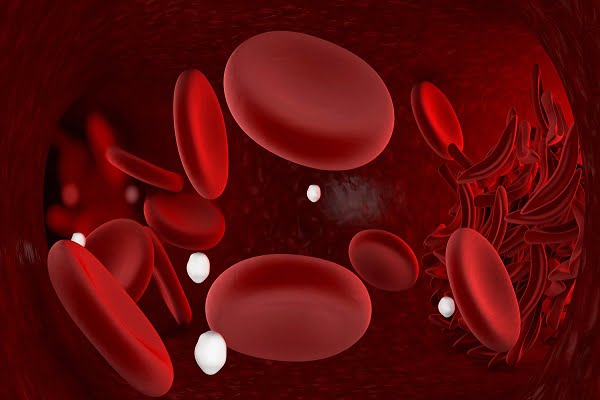Calcium Infusion (Calcium Chloride, Calcium Gluconate Infusion): Types and Side Effects
- Updated on: Jul 10, 2024
- 3 min Read
- Published on Oct 3, 2019

What is calcium infusion?
Calcium infusion is a treatment option or medical management of acute symptomatic hypocalcaemia given on urgent basis to settle the symptoms and prevent further complications.
Hypocalcaemia is a potentially life-threatening biochemical condition which is caused by low levels of calcium in your blood. Calcium is vital for proper functioning of different body organs particularly for bones, muscles and in neurotransmission. It is defined as serum calcium concentration of less than 8.5mg/dL or ionized calcium level of less than 4.2mg/dL.
Some of symptoms of hypocalcaemia include:
- Parathesias of extremities and face
- Muscle cramps
- Carpopedal spasm
- Tetany and seizures
- Positive Chvostek and Trousseau signs
- Decreased myocardial contractility and heart failure
Why do you require calcium infusion?
Gradual onset of hypocalcaemia is generally without symptoms and can be corrected with the help of oral calcium and vitamin D supplementation in most of the cases, but rapid onset of symptoms indicates a medical emergency which needs to be corrected immediately.
Intravenous calcium is the first line of therapy in severe cases of acute hypocalcaemia but it is essential to diagnose the underlying cause and start specific therapy as early as possible.
What are the various agents used in calcium infusion?
Usually two calcium mineral salts are used for calcium infusion. Recommendation of an agent is done by your doctor depending on severity of your hypocalcaemia and your tolerance level of these agents. These are:
- Calcium chloride intravenous infusion
- Calcium gluconate intravenous infusion
Calcium Chloride infusion: How is calcium chloride given?
Calcium chloride is a mineral salt, administered to increase blood levels of calcium in the body during severe acute hypocalcaemia and as a part of the resuscitation procedure following a cardiac arrest where potassium levels are too high.
Special care should be taken with calcium chloride infusion if:
- You have kidney problems
- You have heart problems
- You are pregnant, likely to be pregnant or are breast feeding
- You are allergic to calcium salts
It usually comes in strength of 10% w/v. In case of acute hypocalcaemia 3 to 7 ml is administered slowly through a vein in a single dose and repeated as required until the symptoms are relieved.
Injection of calcium chloride is irritating to veins, since it may lead to severe necrosis and sloughing and should not be given in tissues. Great care should be taken to avoid extravasations or accidental injections into perivascular tissues.
More: Bone Density Test For Osteoporosis (Bone Mineral Density, BMD Test)
What are the side effects of calcium chloride infusion?
Possible side effects of calcium chloride infusion may include:
- A chalky taste in mouth
- Hot flushes
- Nausea
- Vomiting
- Headache
- Muscle or joint pain
Calcium Gluconate Infusion: How is calcium gluconate given?
Calcium gluconate is preferred more intravenously over calcium chloride as calcium chloride is more likely to cause local irritation. It causes a slightly smaller increase in plasma calcium compared to an equivalent dose of calcium chloride.
Initially, 10-20 ml of 10% calcium gluconate in 50-100 ml of 5% dextrose IV is given over ten minutes with ECG monitoring. This can be repeated until the patient is asymptomatic. It is followed up with a calcium gluconate infusion as follows:
100 ml (ten vials) of 10% calcium gluconate is diluted in 1 litre of normal saline or 5% dextrose and infused at a rate of 50-100 ml/hr. Rate of infusion can be titrated to achieve normal levels of calcium.
Patients with cardiac arrhythmias or on digoxin therapy need continuous ECG monitoring during intravenous calcium infusion.
Uncommon but possible side effects of calcium gluconate infusion
- Persistent calcium taste
- Flushing
- Nausea
- Vomiting
- Sweating
- Hypotension
- Cardiotoxicity














3 Comments
Way cool! Some extremely valid points! I appreciate you writing this write-up and the rest of the site is extremely good.
Nice article inspiring thanks.
Everything is very open and very clear explanation of issues. was truly information.